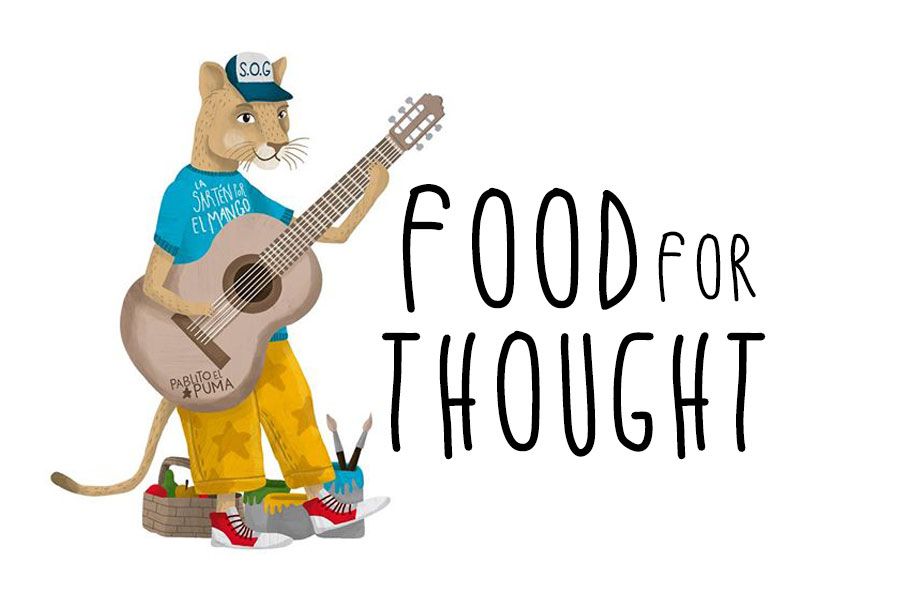My penultimate day in the 30-day challenge. The theme of these blogs is ‘we know nothing’. ‘We’ is referring to adults. I don’t use this phrase to belittle, as I am also placing myself in this group. There is something that I have realised in my life that as I get older, I just can’t escape. The more I learn, the more I realise that I don’t know. The problem is that we might perceive experience as the be-all and end-all. These days it seems impossible to get a job without it. What I am referring to by experience, is more time lived. We feel that, through experience, we are gaining knowledge about how the world works and therefore we are in a better position today, than yesterday, to make informed decisions about what to do.
I read about a study. I am very skeptical about studies because the data can literally be manipulated and presented the way that those facilitating the study want others to see it. None the less, this study presents an interesting concept. The study was done with experienced horse racing punters. The study went as follows: Punters were given 5 pieces of information about every horse in a race. Previous wins, performance in certain conditions, horse age, etc, etc. In another race, they were given 10 pieces of information. Then 15, 20, etc. You would imagine that the more information that the punters had, the more precisely they could predict the result. Not the case. It ended up being the opposite. The more information that they had, the less accurate their predictions were.
So, let’s frame life in general as it is framed in this study. The older we get, the more information that we gather about the world. With more information, we are less likely to be able to successfully predict what is going to happen in the future. Let’s also put this framing upon ourselves in relation to how we educate our children. To be honest, the various possible outcomes in a horse race compared with the possible outcomes in life do not even enter the same universe. Multiply those variables by a squillion and ad the variable of how rapidly the world is changing today, and it becomes completely absurd thinking that I know what is going to happen tomorrow, therefore I also know what children need to learn.
The world is changing at an exponentially rapid pace. One of the biggest contributors to that change can be explained by ‘Moore’s Law’. Putting it simply, Moore’s Law is a theory that is close to being an excellent predictor of how technology is advancing over time. The theory was created in 1965 and basically states that the overall processing power of computers will double every two years. For over 50 years that has more or less been the case. So, if the processing power of computers is doubling every two years, where are we going to be in relation to technology in 10, 20, or 30 years?
So, what does that mean in terms of educating kids so that they are best equipped for the future? It means that there is no one way to support the positive development of children. It means that what we know today will not be of too much use in a couple of years’ time. It means that flexibility has to be one of the core principles of any education philosophy. It means that the basis of education has to focus on some basic human needs that more or less are constant over time.
What are they? Here are a few of my ideas:
Healthy Relationships – The world is only going to become more densely populated. Knowing how to create and maintain healthy relationships is imperative. With technology doing a great job of dragging us apart, knowing how to engage in healthy human interaction is a must.
Confidence – This one is the kicker! At the core of relationships and human interactions is confidence. At the core of learning and development is confidence. At the core of mental health is confidence.
Movement – Moving is living. If we don’t move, we die. Blood, nutrients, and oxygen need to move around our bodies. Moving is the catalyst in that process. Moving is also at the core of learning. Moving is doing, experiencing or creating. All key elements in the learning process.
Critical thought about what we are consuming – We are what we eat. Don’t be an idiot, and wake up to what we are putting into children's bodies. Their health is the key to their learning. What information are children consuming? We need to support children in making conscious decisions about what information they are taking in and where are they getting it from.
Enjoyment – We are healthier physically, mentally and emotionally when we are happy. We live longer, we learn more, we make better decisions, we create better relationships, and we make those around us happier. It’s not rocket science!
So, going on the premise that we know nothing, and as every day passes, we know less, how do we best support children growing up in a constantly changing environment? I have presented a few ideas but would love to know if anybody out there has any of their own. Please feel free to leave a comment…
